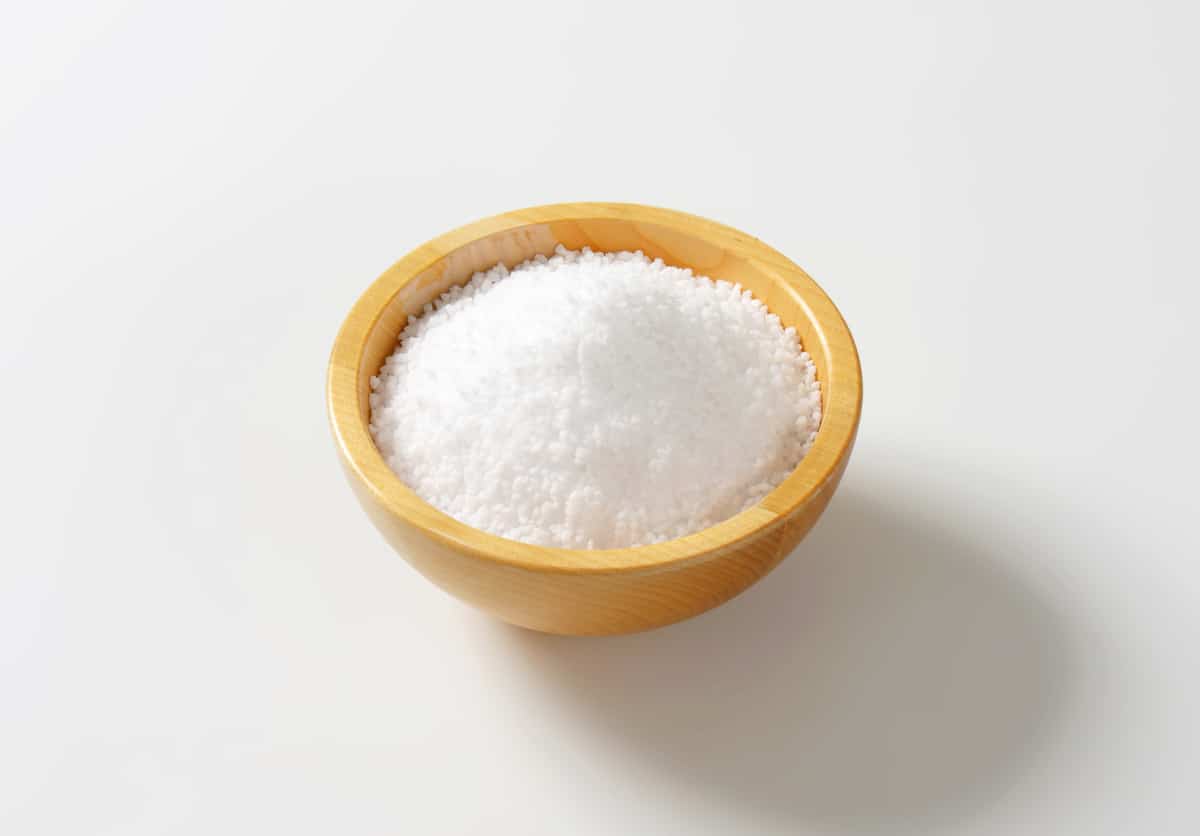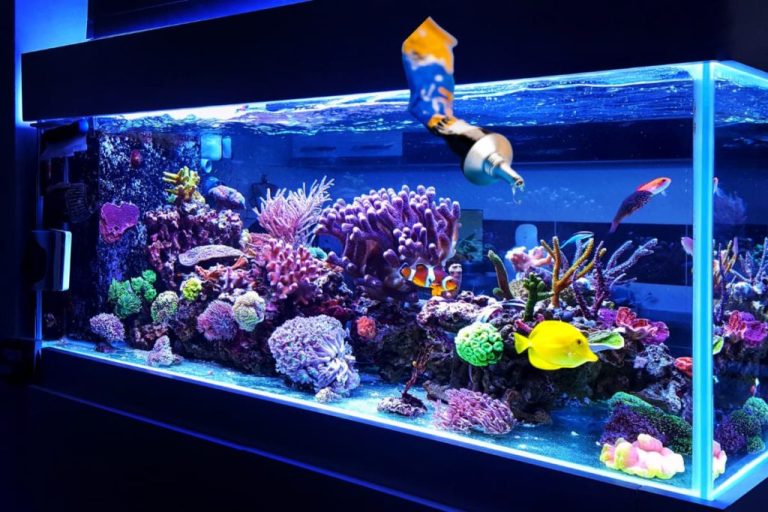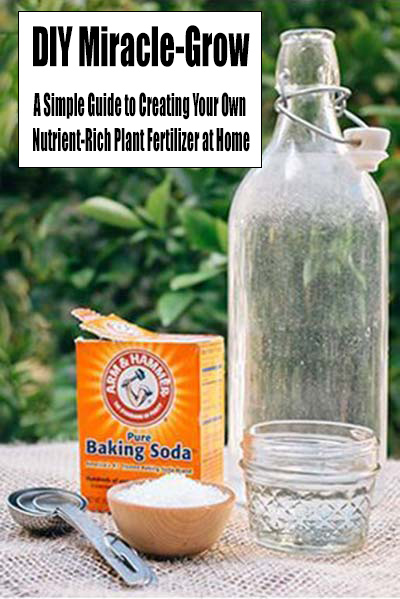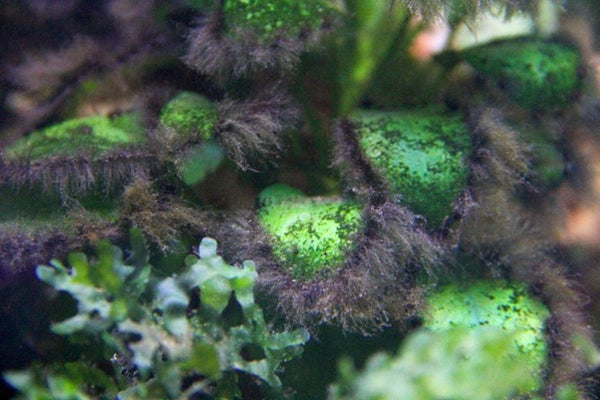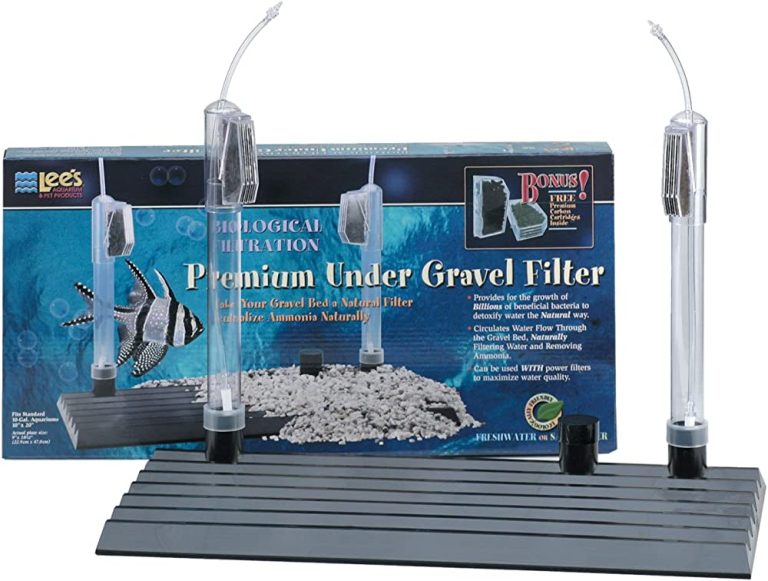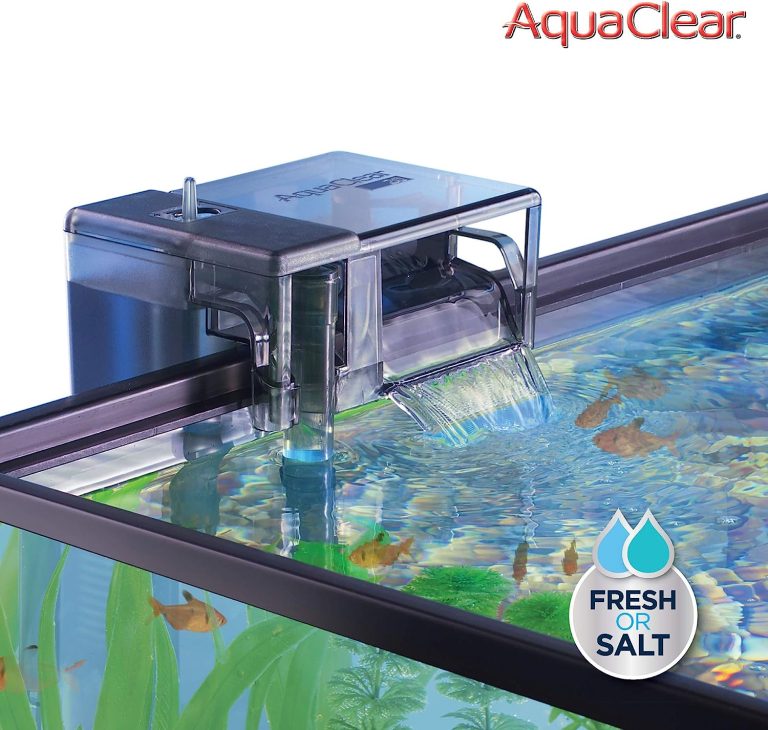Does Epsom Salt Kill Beneficial Bacteria In Aquarium
Does Epsom Salt Kill Beneficial Bacteria in an Aquarium?
Epsom salt, also known as magnesium sulfate, is a popular remedy for various health and beauty purposes. But when it comes to using it in an aquarium, many aquarium enthusiasts wonder if it will harm the beneficial bacteria that are essential for maintaining a healthy tank ecosystem. In this article, we will explore the effects of Epsom salt on beneficial bacteria in an aquarium and provide a comprehensive understanding of its impact on these microorganisms.
Effects of Epsom Salt on Beneficial Bacteria
Beneficial bacteria play a crucial role in the nitrogen cycle of an aquarium. These bacteria convert harmful ammonia produced by fish waste into less toxic substances like nitrite and eventually nitrate. Nitrate can be removed from the water through regular water changes. The presence of these beneficial bacteria is vital to ensure a stable and healthy environment for your fish.
However, adding Epsom salt to your aquarium can disrupt this delicate balance. Epsom salt is known for its ability to increase the concentration of magnesium and sulfate ions in water. While this can be beneficial for certain situations, it can also have adverse effects on the beneficial bacteria in your aquarium.
Impact on Nitrifying Bacteria
The nitrifying bacteria responsible for converting ammonia into nitrite and nitrate are particularly sensitive to changes in water chemistry. High levels of magnesium and sulfate ions, such as those caused by the addition of Epsom salt, can inhibit the growth and activity of these bacteria.
Studies have shown that elevated levels of magnesium and sulfate can suppress the nitrifying bacteria’s function, leading to a decrease in their ability to convert ammonia. This can result in an accumulation of ammonia in the aquarium water, posing a danger to your fish’s health.
Disruption of Biological Filtration

In addition to inhibiting nitrifying bacteria, Epsom salt can also disrupt the entire biological filtration system in your aquarium. This system relies on a diverse community of microorganisms, including bacteria, that work together to break down waste and maintain water quality.
The increased levels of magnesium and sulfate ions can negatively impact the overall microbial diversity in the filter media and substrates. This disruption can lead to a decline in the population of beneficial bacteria and an overgrowth of other types of bacteria that may be harmful to your aquarium inhabitants.
Alternatives to Epsom Salt
While Epsom salt may not be suitable for use in aquariums, there are alternative treatments available for common issues like constipation in fish or stress relief. For constipation, you can try feeding your fish a high-fiber diet or using specific medications recommended by a veterinarian. To reduce stress in your fish, providing a well-maintained aquarium environment with appropriate hiding spots and water parameters is essential.
Maintaining Water Quality
Maintaining water quality in your aquarium is crucial for the health and well-being of your fish. Instead of relying on Epsom salt or other potentially harmful additives, focus on regular maintenance practices that promote a balanced and stable ecosystem.
Here are some tips for maintaining good water quality:
1. Perform regular water changes to remove accumulated toxins and maintain stable water parameters.
2. Avoid overfeeding your fish, as excess food can contribute to increased ammonia levels.
3. Use a high-quality filtration system that provides both mechanical and biological filtration.
4. Monitor ammonia, nitrite, nitrate levels, and pH regularly using appropriate test kits.
5. Avoid using chemical additives or medications unless necessary and under professional advice.
By following these practices, you can create a healthy environment for your fish without risking the well-being of the beneficial bacteria that are essential for their survival.
Frequently Asked Questions
Here are some frequently asked questions about Epsom salt and its impact on beneficial bacteria in an aquarium:
Q: Can I use Epsom salt in a saltwater aquarium?
Epsom salt is not recommended for use in saltwater aquariums as it can disrupt the delicate balance of ions needed for coral growth and reef health.
Q: Can Epsom salt be used as a treatment for sick fish?
While Epsom salt has been used as a remedy for certain fish health issues, it is best to consult a veterinarian or experienced aquarist for proper diagnosis and treatment recommendations.
Q: How can I safely remove excess Epsom salt from my aquarium?
If you have accidentally added too much Epsom salt to your aquarium, the best course of action is to perform a partial water change to dilute and remove the excess salt. Be sure to test your water parameters regularly to monitor any changes.
Final Thoughts
Epsom salt may have many benefits for human use, but it is not suitable for aquariums, especially when it comes to maintaining the beneficial bacteria essential for a healthy tank ecosystem. Instead, focus on providing a well-maintained environment, regular water changes, and monitoring water parameters to ensure the well-being of your fish and the stability of your aquarium. Remember, a healthy tank starts with proper care and attention to detail.
